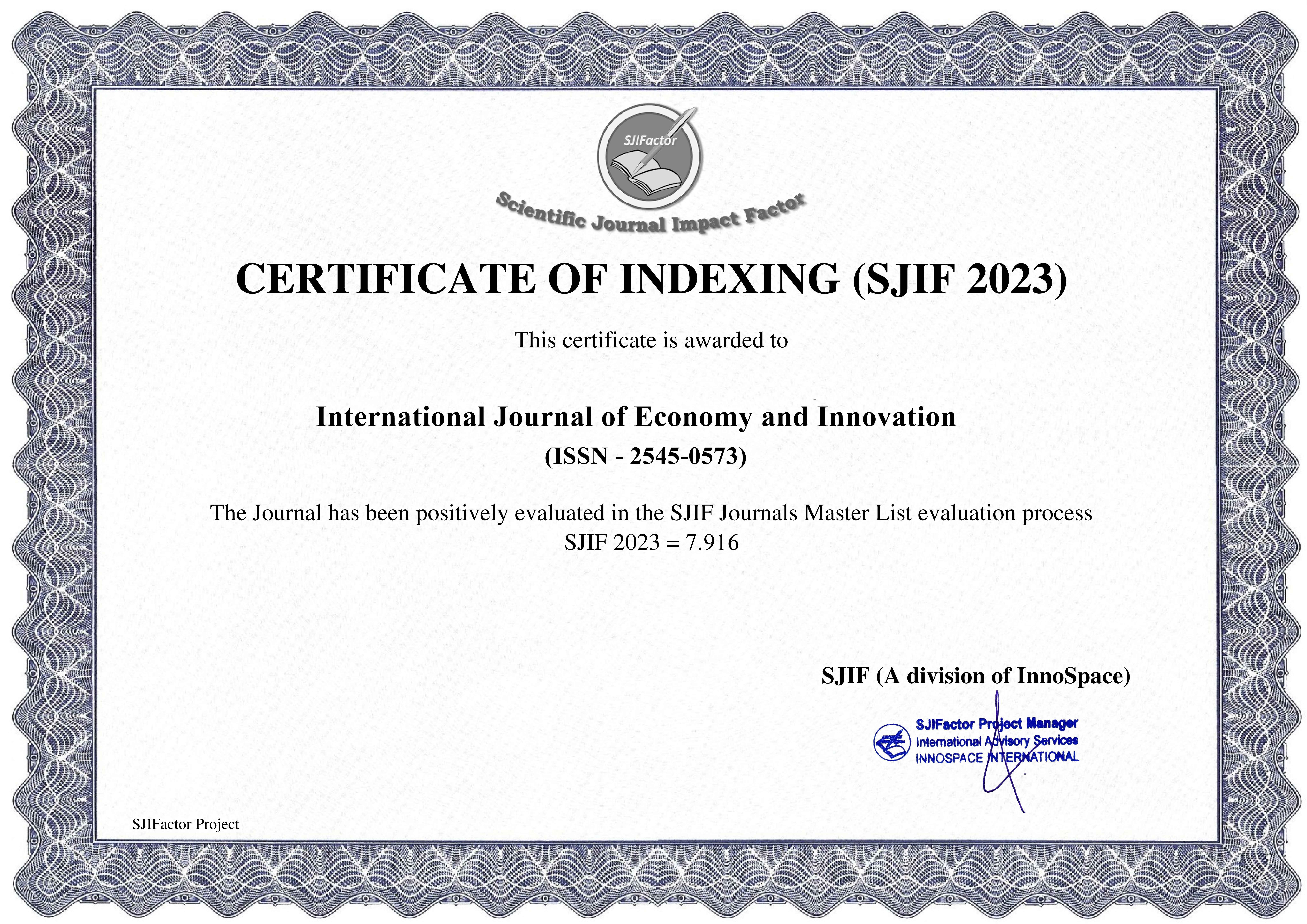Overthrown Barriers In Teaching Efl To Non-Linguistic Students (Iper Students)
Keywords:
intrinsic motivation, English for non-linguistic students, communication barriers.Abstract
The transition to the knowledge-based economy requires a new generation of professionals with a complex set of skills and competencies. These include English language skills, which will help them to merge into the international professional pharmaceutical community. One dimension of this challenge is finding effective unconventional approaches to mass EFL (English as a Foreign Language) teaching for nonlinguistic pharmaceutical institute students, to increase their motivation, interest in learning English, and their willingness to use this foreign language actively by lowering communication barriers. In this article, we investigate the effectiveness of an experimental EFL teaching and learning framework, aimed at helping non-linguistic pharmaceutical majors students to develop an English communication competence through an artificial bilingual environment. Statistical analysis and comparison of the results of the students’ surveys suggest that using more unconventional activities and a strong focus on students’ social interactions, interdisciplinary language activities and heterogeneity of study groups, builds students’ intrinsic motivation, removes communication barriers and increases the need to use English in real life.

















